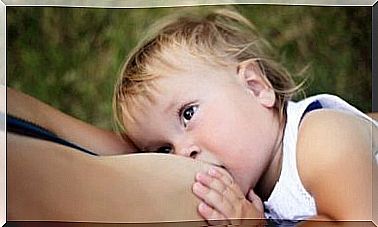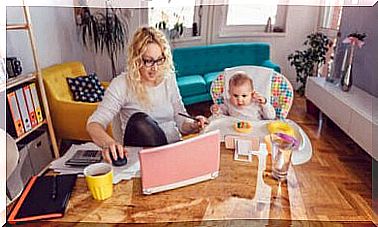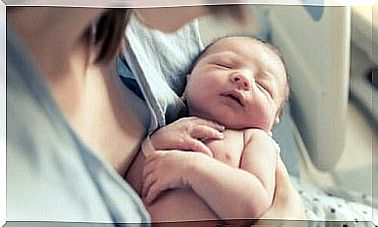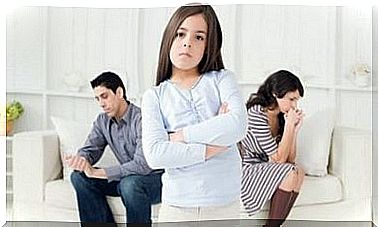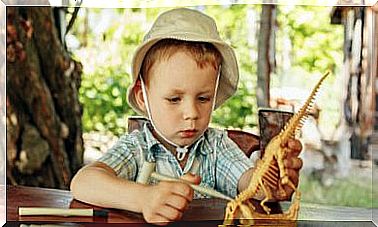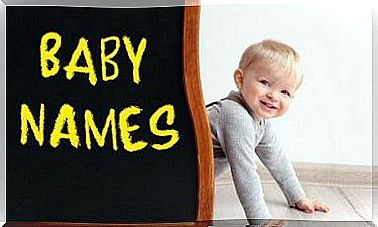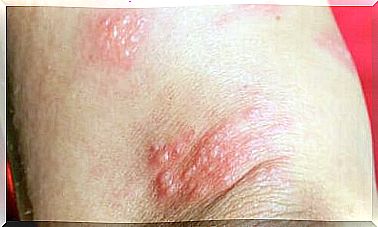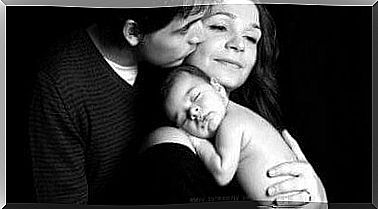Constipation In Children: Causes And Solutions
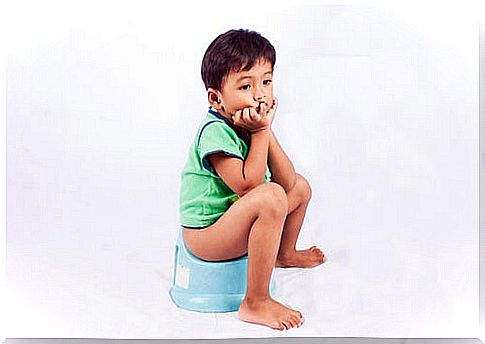
Constipation in children is a very common problem. Do you want to know what it consists of and how you could solve it? If you keep reading, you will find out how to help your children in these cases.
You have certainly heard of constipation in children. During the first few years of life, it is quite normal for little ones to suffer from it. For this reason you don’t have to worry.
Children who have difficulty defecating often experience pain doing so. That’s why they try to avoid it, only making the situation worse.
If you think your child is suffering from childhood constipation, you can contact your pediatrician. The sooner he will be able to regain intestinal regularity, the sooner he will regain health and well-being.
Causes that can promote constipation in children
Constipation in children can depend on several factors, such as:
- A diet low in fluids and fiber. Water is essential in the diet of the little ones, just like the fibers that are obtained from fruits and vegetables. Although they have not been shown to have a direct link to constipation, it is recommended that the child get plenty of water and fiber. Thus, the expulsion of feces will be easier.
- Abuse of astringent foods . These foods tend to favor the onset of constipation episodes. Therefore, they must be consumed in moderation. Some astringent foods are bananas, rice, apples, chocolate, and refined sugars found in sweets and candies.
- External factors. Babies react to their surroundings with their whole body. Therefore, a traumatic family problem, such as a separation or death, can lead to episodes of constipation. Starting school or kindergarten can also have such consequences.
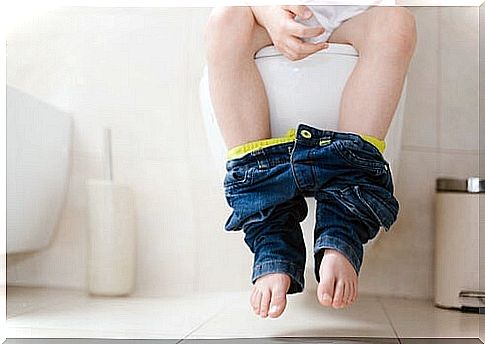
- Forced habits. To teach children to relieve themselves in the potty or toilet, parents often force the little ones to go to the bathroom. However, this should not be done, as it must happen spontaneously and always if the child really feels the need.
- Lack of meals at regular times. It often happens that children nibble during the day. This habit affects the most important meals, resulting in poor nutrition.
But when can we talk about constipation in children?
Constipation depends a lot on the child himself and his age. According to the Spanish Association of Pediatrics, to be considered as such, at least 2 of the following conditions must occur for 2 consecutive months:
- Less than 3 bowel movements per week.
- At least one episode of fecal incontinence per week.
- Postures or behaviors that aim to avoid defecation.
- Painful defecation.
- Large stools in the rectum or palpable in the abdomen.
- Rather abundant evacuations.
In the case of children under the age of 4, the criteria are similar, but the absence of defecation and pain upon expulsion predominate.
There are also situations in which children go to the bathroom but fulfill their needs incompletely. In this way, the stools increase and it becomes more and more painful to eliminate them.
If the symptoms described above match your child’s symptoms, see your pediatrician.
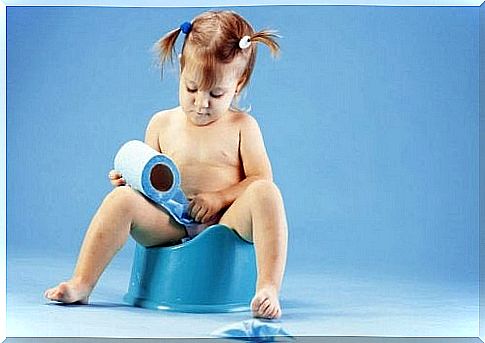
How to treat constipation in children
Although your pediatrician can give you better advice, we give you some tips to help your children.
- Change the power supply. Increase your water intake and decrease sugary juices and drinks. They also need to eat more vegetables and fruits to get more fiber. Fruits such as kiwifruit or plums have a natural laxative effect. Use olive oil in cooking because it promotes intestinal transit and is healthier.
- Sport. Physical activity helps intestinal transit and avoids a sedentary lifestyle. Get your children to play a sport or other physical activity they enjoy.
- Go to the bathroom regularly. When teaching little ones to go to the bathroom, have them sit for a few minutes after meals. However, don’t force them to go to the toilet. Teach them not to hold them back and to go to the bathroom whenever they feel the need.
Finally, remember. You must never give children medicines without a prescription. In case of need, contact your pediatrician. He will be able to advise you on the most suitable drug for the situation.
